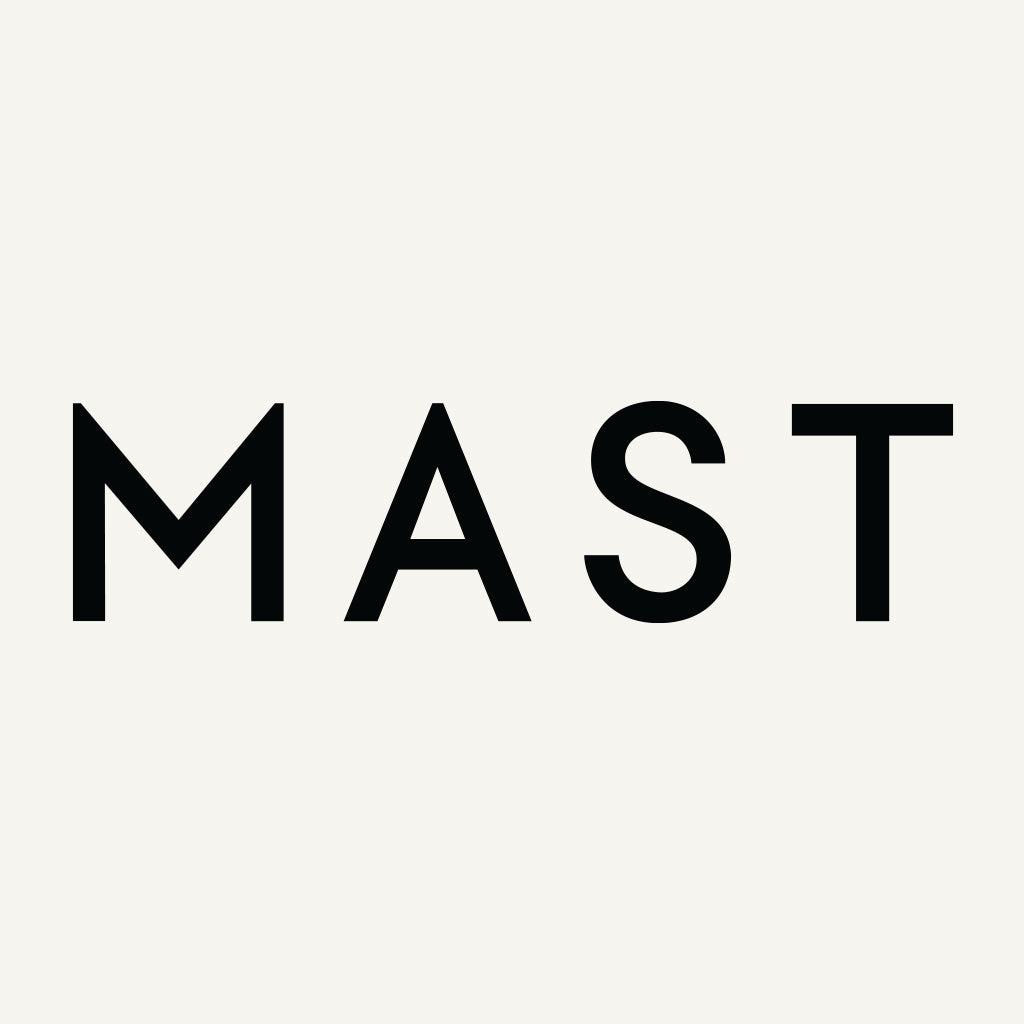Coffee Talk
In conversation with Chad Freilino
In 1996, David Elwell and Steve Leven opened a coffee shop in Gramercy Park with the goal of creating a warm, friendly gathering place for all types of people. They sought to be the opposite of the cold, minimalist European cafes and the soulless mega-chains like Starbucks. In honor of the store’s Irving Place address, they named it Irving Farm New York—and it was a hit. “It was an intersection of all these different social circles,” describes CEO Chad Freilino. “You had yuppies and artists, uptowners and downtowners, meeting and sharing space, which was the original intention. That cafe took off and was super successful.”
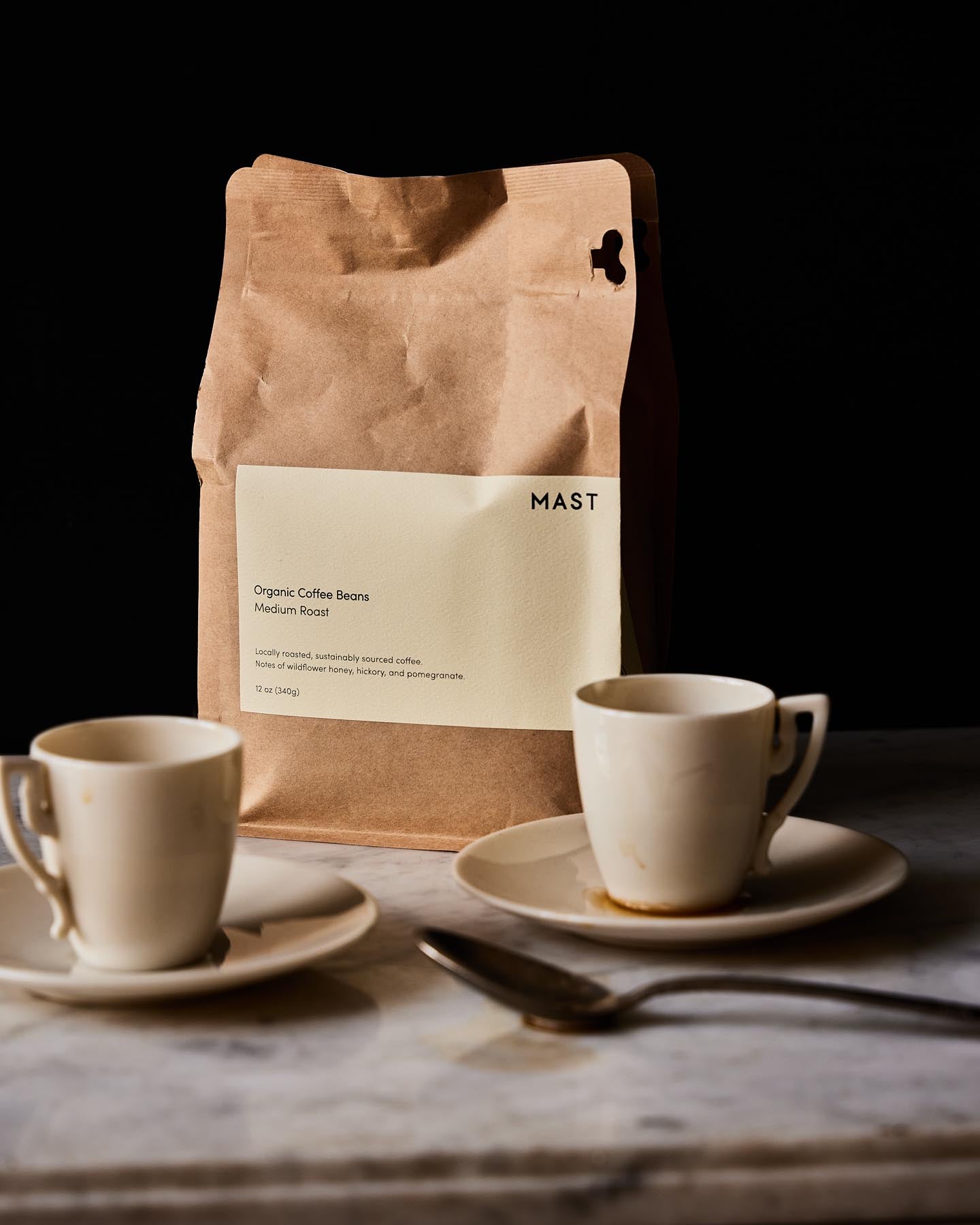
Shop Mast Coffee. Photo by Kate S Jordan
Soon thereafter, the two founders expanded with an Upper West Side cafe and began roasting their own coffee beans in Millerton, New York. At the time, in 2000, roasting wasn’t permitted within city limits, so the Hudson Valley was the next best option. “They put the first roaster inside of an old carriage house, which is basically just like a big barn,” Chad explains. “That's where the roaster lived for a long time. They opened a new, full-on food manufacturing facility in 2015, which was a big deal.”
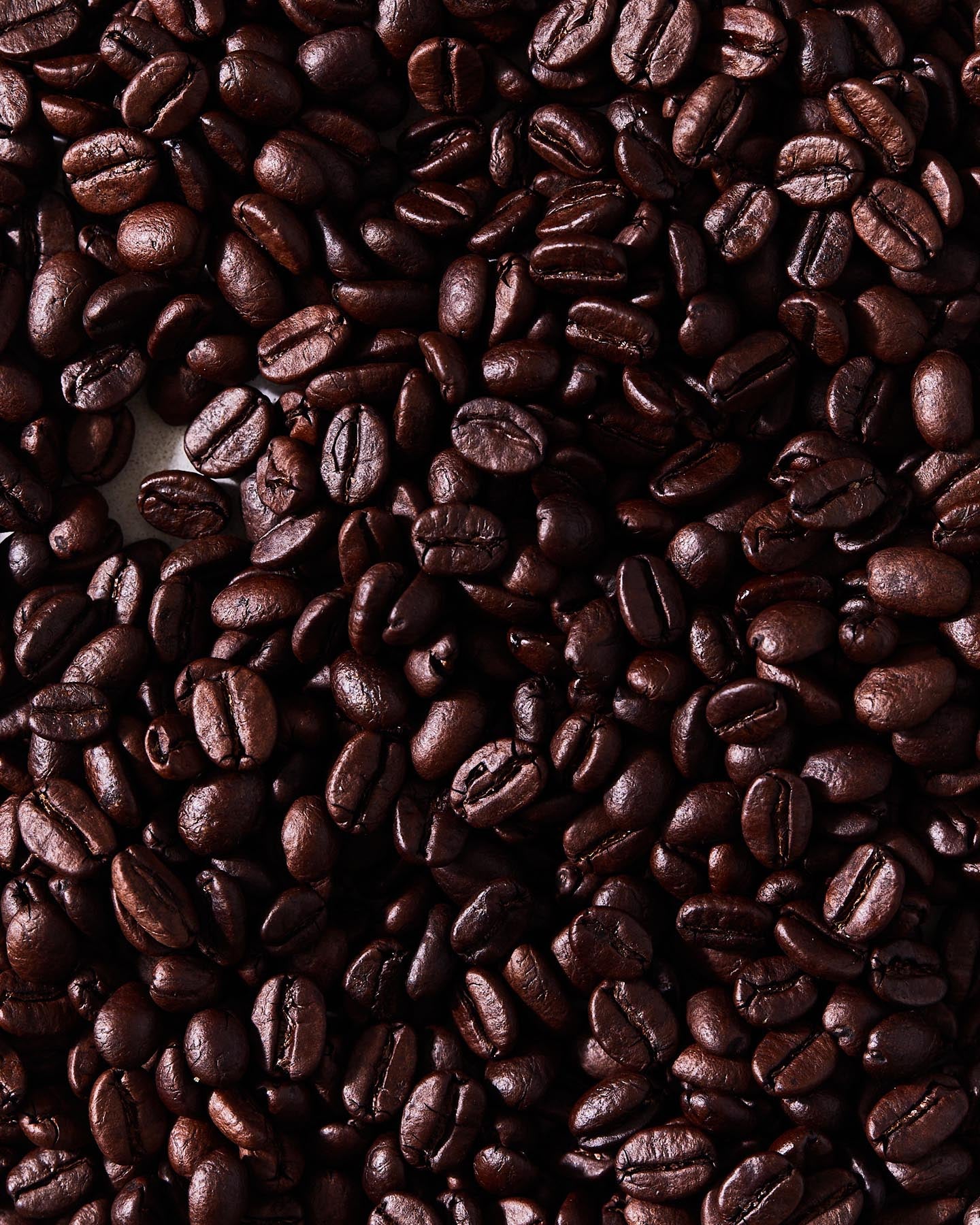
Shop Mast Coffee. Photo by Kate S Jordan
Soon thereafter, the two founders expanded with an Upper West Side cafe and began roasting their own coffee beans in Millerton, New York. At the time, in 2000, roasting wasn’t permitted within city limits, so the Hudson Valley was the next best option. “They put the first roaster inside of an old carriage house, which is basically just like a big barn,” Chad explains. “That's where the roaster lived for a long time. They opened a new, full-on food manufacturing facility in 2015, which was a big deal.”
Throughout the decades, Irving Farm has also focused on sustainable, ethical sourcing and building strong relationships at origin. It’s one of the reasons they’ve grown to operate seven coffee shops in Manhattan and one near the Upstate roastery. The company’s coffee is also brewed and sold at cafes and specialty stores around the country, including Mast Market, where we’re serving the private label we created together. We’re proud to be partnering with a brand whose values align with ours so closely.
Here, Chad talks more about those shared principles, our partnership, and his own coffee career.
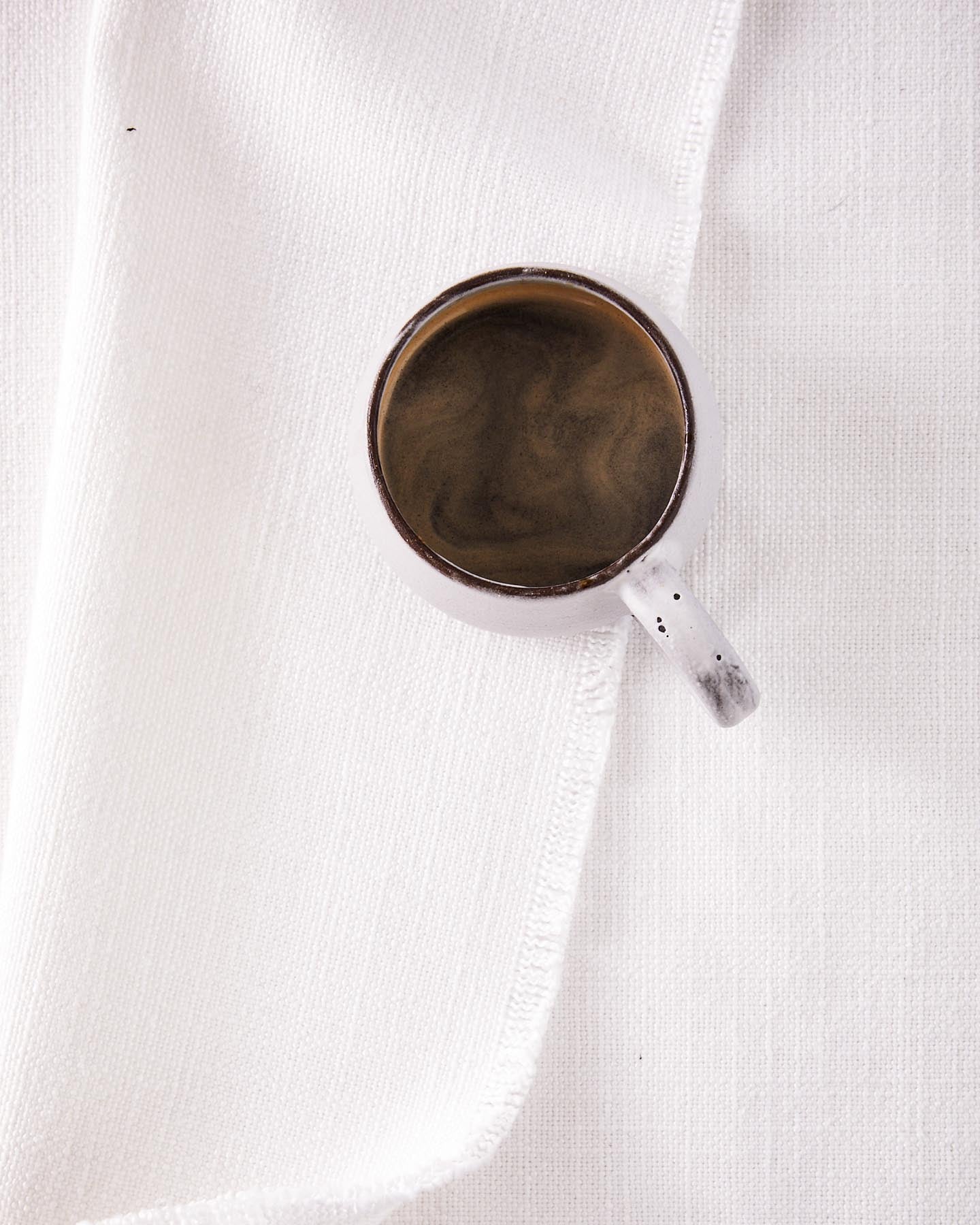
Shop Mast Coffee. Photo by Kate S Jordan
Mast Journal: How did you get into the coffee industry?
Chad Freilino: I went to college for chemistry and worked in a coffee shop the whole time. That's where I first fell in love with it. Then, I moved to Seattle, where I got super into specialty coffee. Then, I moved to Portland and worked for a company called Caffè Vita. I was working on their wholesale business, building out new wholesale accounts. While I was there, we built a coffee shop, put in a roaster, built a second coffee shop, and helped with some restaurants, as well. I spent four years doing that.
Then, I moved to New York to work for a company that did concessions in airports. They would find local business partners for food and beverage in the different cities all over the US and Canada and basically put together a big package to go up against the big guys who are bringing McDonald's and Starbucks. I was running their coffee program and it was an awesome experience. I got to travel all over and find out who the best coffee roasters were, who the best farmers for milk were, who the best pastry people were. I did that for five years. We opened 28 cafes and about 200 restaurants all serving coffee.
MJ: That’s so cool. When did you start working at Irving Farm?
CF: I joined the company in 2016. I was really looking for a job where I could live in New York, because my previous one was one of those jobs where you're never home, you're always on a plane or in a hotel. Irving Farm had been my local partner here in New York and just around that time they were looking for someone to come in and take over their wholesale. So I did that and then I became the COO a couple years later. I became the CEO in 2020.
MJ: What do you love about working at Irving Farm? Especially after working with so many different coffee companies?
CF: It is very cool to work at an OG coffee roasting company in New York City. Being around since ‘96 makes us one of the oldest specialty roasters in the city. And there's a lot of really cool history that comes with it. I look very young. I'm 40 years old, but I look like I'm 22—thanks mom and dad—so I meet all these people in the industry who are like, ‘Oh my God, I've been going to Irving Farm longer than you've been alive.’ It’s a part of these very cool, old school New Yorkers’ lives and that just feels really fun to be a part of.
I also really love that everybody here is so passionate about being here and working together and doing the right thing all the time. It's an awesome group of people to be around on a daily basis. I don't think I've ever worked anywhere where everybody was so really, truly engaged in what they're doing and just trying to make the world a little better within our own little sphere of influence, which feels really good. It’s the triple bottom line. It’s the intersection of the social, the economic, and the environmental—every decision we make, that's the best place for us to move forward. Not always possible, obviously, for a business. We're constrained by what we're able to afford to do, but people dream big here, which is fun.
MJ: That’s amazing. Can you share a little bit about the coffee itself? Where are the beans sourced from?
CF: Our buying is mostly centered around Central and South America—Columbia, Brazil, Honduras, and Guatemala. We do have some African and Indonesian coffees, but it's not really our bread and butter. Irving Farm has always been very much focused on relationships with producers at origin. It's actually been a really interesting few years for that conversation because coffee prices have been all over the place with market fluctuations due to the pandemic and supply chain restrictions and delays. So the connection with producers has been even more important to have real conversations with them and tell them about what's going on here at this end of the market so they can understand and work.
Farmers work two years ahead of the rest of us. They plant the coffee and then it has to grow and then it has to produce fruit and it gets harvested and then it moves around the world. So it's been a crazy time for that. But our whole philosophy is, again, the triple bottom line, the intersection of the social, the economic, and the environmental. So 100 percent of the coffee we buy is from producers that we have met face-to-face on their farms, which is a cool thing to be able to say. We've been working towards that for a few years. We don't just want to shake hands and kiss babies there. The point is to make real connections so we can call them and talk to them and ask questions and they can ask us questions.
If you want to have ethical buying and if you want to have people who are growing and harvesting that crop to have livable incomes where they can send their kids to school and have running water and improve their quality of life, then this stuff actually really matters. It also means the ecosystem that coffee growth is happening in isn't getting trashed. So there's something for the next generation to build on top of what their parents' generation has built. And the social element is everybody being treated fairly both within our company, but also within our supply chain. We feel like the social implications of what we're doing are just as good as the environmental and economic.
MJ: Definitely. That’s huge. Are all the coffee beans organic?
CF: All of the beans that Mast is using are certified organic. Some of them are even biodynamic. But organic is not a huge thing for our customer base. Like five percent of the coffee that we sell to direct-to-consumer is certified organic. Basically all of our producers are growing coffee in an organic method, but they're not paying for certification. It costs $2,000 to get organic certification. So for us, the organic certification is less important than the overall sustainability of what our farmers are doing. Chemicals are more expensive than the natural resources they have at hand. And their agricultural practices have been handed down from generations, how to grow, where to grow, when to trim, when to water, things like that. So it's a really complex conversation. We know that we're sourcing ethically and that our producers are producing in a sustainable way.
MJ: That makes sense! Does Irving Farm have a specific roasting style?
CF: There are two things that are specific about our roasting that you would find in your cup. One is that we are a post-roast blender, so if you drink any blends, we roast each component individually to optimize the flavor profile of that component and then blend the coffees together afterwards. The other thing is that the majority of our coffees are roasted on a Loring coffee roaster to a medium to medium-dark profile.
The Loring coffee roaster is like a convection oven. Old school coffee roasters are these cast iron or steel drums that have a bank of flames underneath them that are heating the drum and the drum is turning on the inside and the coffee's getting all tumbled around. Every time a coffee bean touches the side, it's getting cooked through that surface contact, so that cooking can be kind of uneven. With the Loring, we are roasting it using hot air, so the bean is constantly encompassed in air that's been heated to a specific temperature as it's being tumbled. That helps make the roasting more even throughout the whole bean. It gives the coffee just a very nice, dependable, always-tastes-the-same profile.
MJ: Wow, that’s so interesting. How were the coffees selected for the Mast partnership?
CF: Obviously being sustainable was critical, so we had to narrow it down to organic certified farms. We tasted a bunch of different single origin coffees to just get a sense of what flavor profiles they respond to and they think their customers would respond to. We narrowed it down to seven offerings at first, and then I pushed Rick to be a little bit more selective. We just tried to simplify and create a very straightforward program for them, so we ended up with five coffees.
We selected some of our most beautiful coffees from producer relationships that we are super proud of. The medium roast, for example, is such a special biodynamic coffee. Very few people get the complexity of what happens in biodynamic farming and why that's such a cool part of it, but Mast got it. And I think they're going to translate that to their customers. Their customers are a pretty highly educated group of people. They have a discerning palate and come to Mast as curators of selection. To have our coffee in their packaging, on their shelves, feels like an awesome thing to even get that vote of confidence from them.
MJ: The feeling is mutual! We’re very excited. What is your personal favorite Irving Farm coffee?
CF: I actually drink everybody else’s coffee all the time. I'm always curious about every coffee I see. I want to taste it and understand it. I try to be a coffee consumer out in the world and not just drink our own stuff. And when I am drinking our coffees, I try to make it a point to rotate through products to get a sense of everything. But really my go-to is our Blackstrap Espresso. I drink it as a pour-over and it's just so freaking good every time. It's like coming home. When I'm out drinking coffee or when I have somebody else's coffee on my counter, it's like I'm away from home. And then when I put Blackstrap in my grinder, I just get excited for the next week to wake up to this every day. It's so cozy and delicious and robust and rich. I think we just really nailed it with that one.
More from The Journal
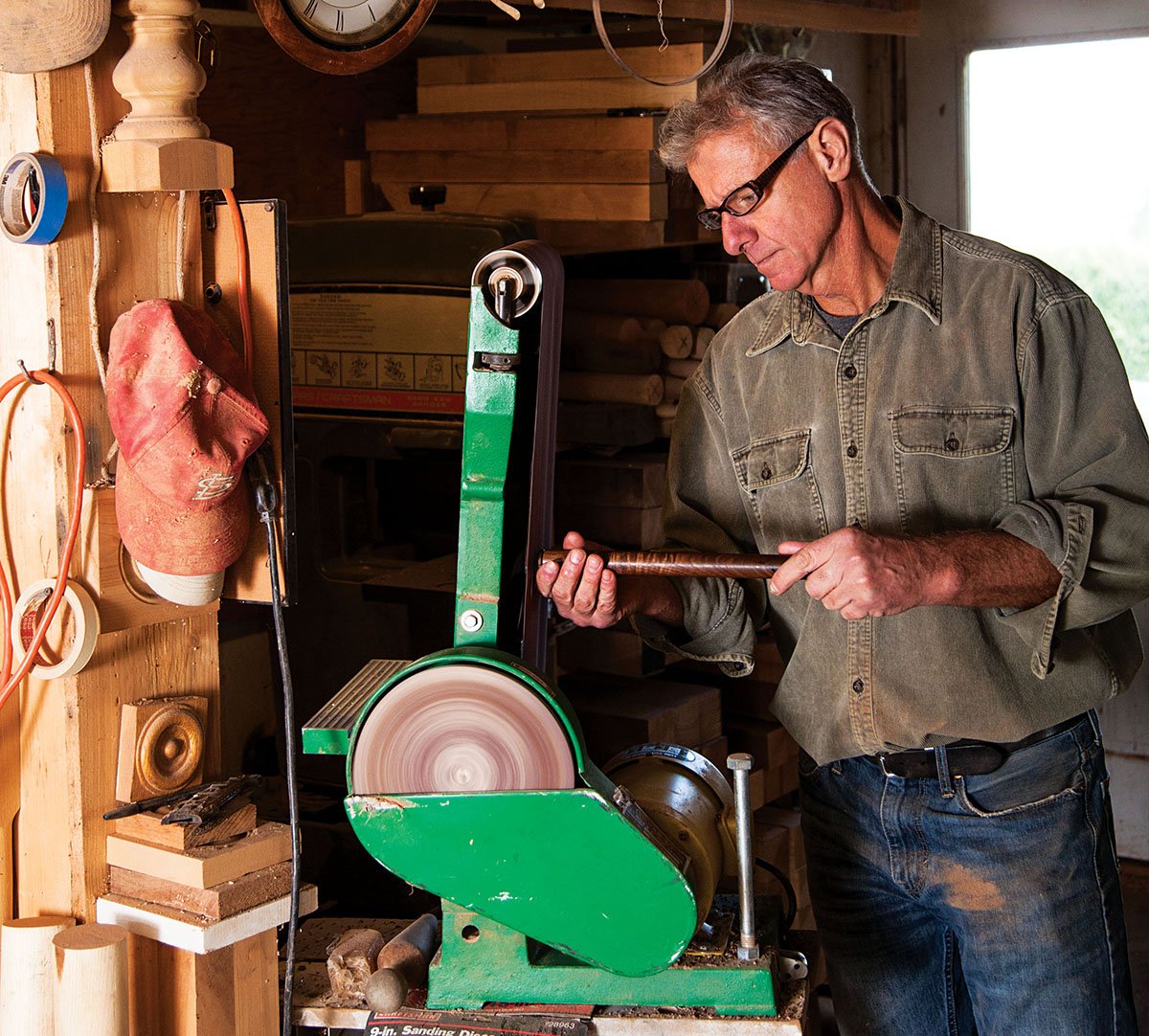
In conversation with artisan woodturner and founder of Vermont Rolling Pins, Ken Freeman. Here, he shares how he fell into woodturning and why his rolling pins are so special.
Read more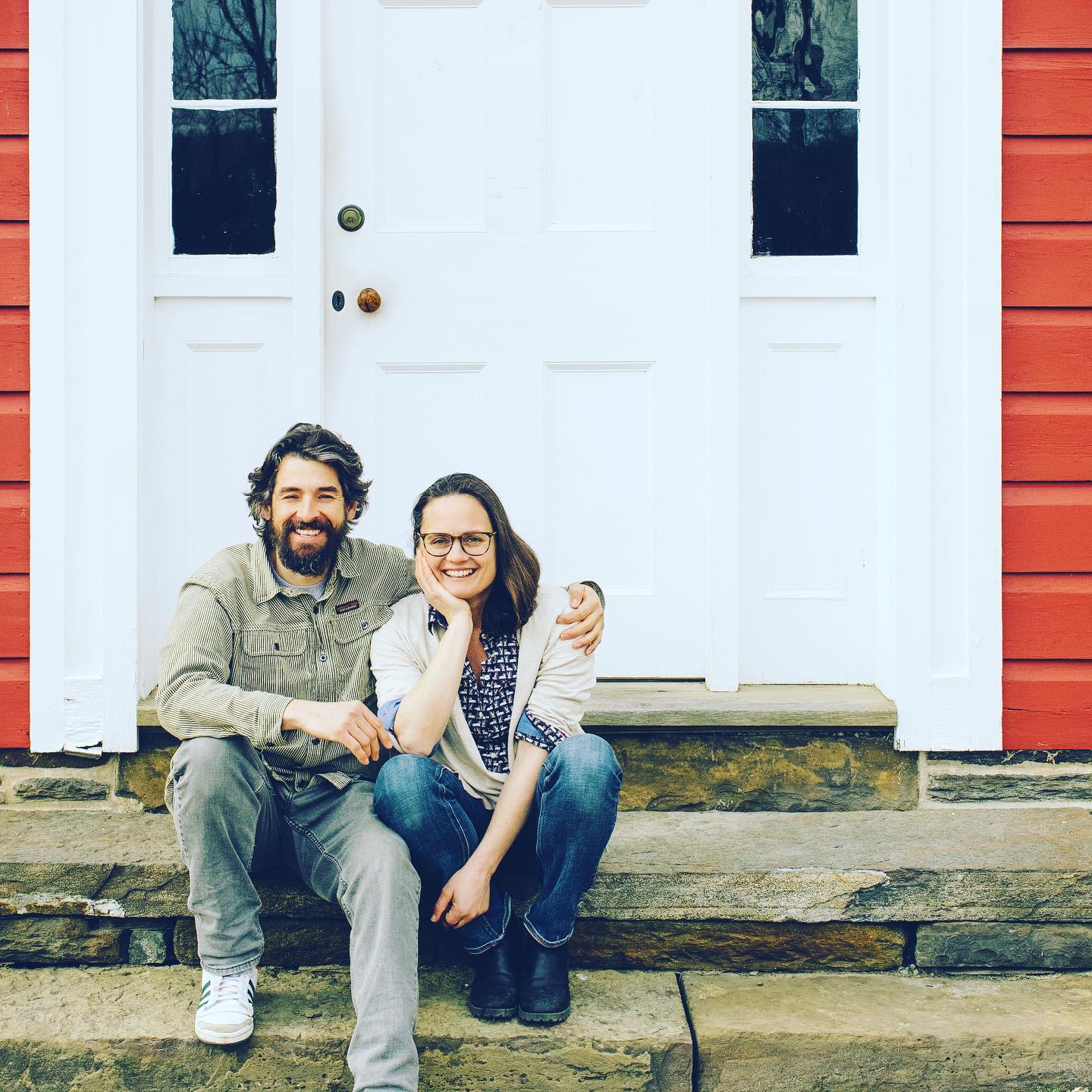
For over 35 years, Beth’s Farm Kitchen has been crafting artisan jams, jellies, and chutneys using local Hudson Valley produce. The company was originally founded in 1981 by Beth Linskey in her Stu...
Read more